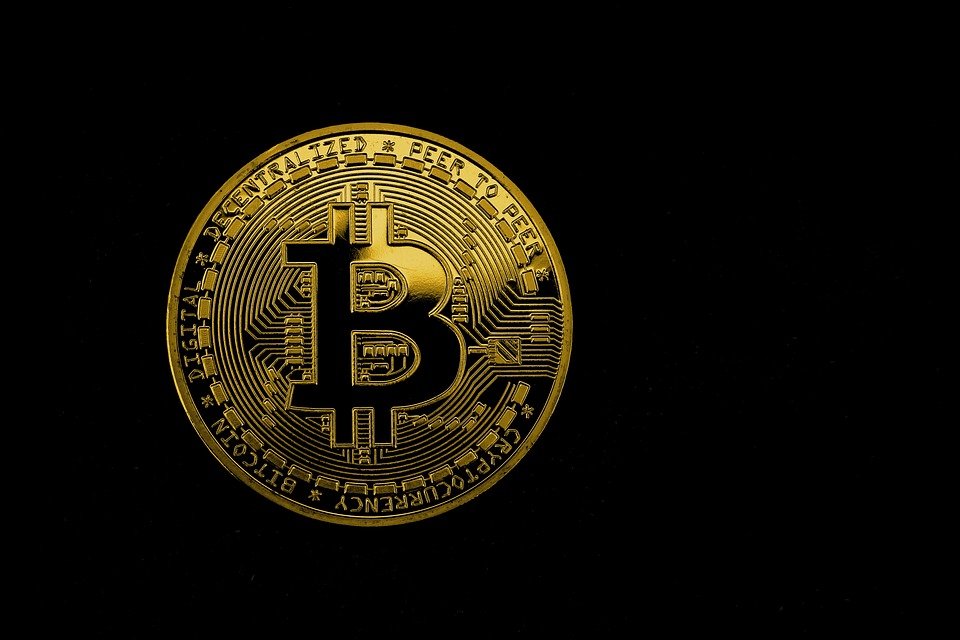Tokenization is changing the way we perceive and interact with money and assets in the digital age. This revolutionary technology is transforming the economy by allowing for the creation and management of digital tokens that represent real-world assets, such as stocks, commodities, real estate, and even art. By digitizing assets and creating tokens that represent ownership, tokenization is unlocking new opportunities for investing, trading, and managing assets.
One of the key benefits of tokenization is the ability to fractionalize assets, meaning that high-value items can be divided into smaller units that can be bought and sold by a larger pool of investors. This opens up investment opportunities to a wider range of individuals and allows them to diversify their portfolios with smaller amounts of money. For example, a valuable piece of real estate can be tokenized into smaller parts, allowing multiple investors to own a portion of the property and receive dividends or rental income proportional to their ownership.
Tokenization also has the potential to increase liquidity in traditionally illiquid markets. By creating digital tokens that represent ownership of assets, investors can easily buy, sell, and trade these tokens on digital asset exchanges. This makes it easier for investors to access and exit investments, as they are no longer tied to long holding periods or waiting for a buyer in a traditional market. Additionally, tokenization allows for more efficient and transparent transactions, as blockchain technology ensures that ownership and transfer of assets are recorded securely and accurately.
Furthermore, tokenization can reduce the barriers to entry for investing in assets that were previously limited to institutional investors or accredited individuals. By digitizing assets and offering them as tokens on blockchain platforms, retail investors can now access a wider range of investment opportunities and diversify their portfolios with assets that were once out of reach. This democratization of assets opens up new possibilities for financial inclusion and wealth creation for individuals who were previously excluded from traditional financial markets.
In addition to unlocking new investment opportunities, tokenization also has the potential to streamline and automate processes in various industries. For example, supply chains can be tokenized to track and verify the provenance of goods, while loyalty points and rewards programs can be tokenized to facilitate seamless transactions and redemptions. By digitizing assets and creating tokens, businesses can enhance efficiency, transparency, and security in their operations, ultimately improving the overall economy.
As tokenization continues to gain momentum and adoption, it is clear that this technology is revolutionizing the economy by transforming the way we invest, trade, and manage assets. By unlocking the power of tokenization, individuals and businesses can access new opportunities for financial growth and innovation in the digital age.




